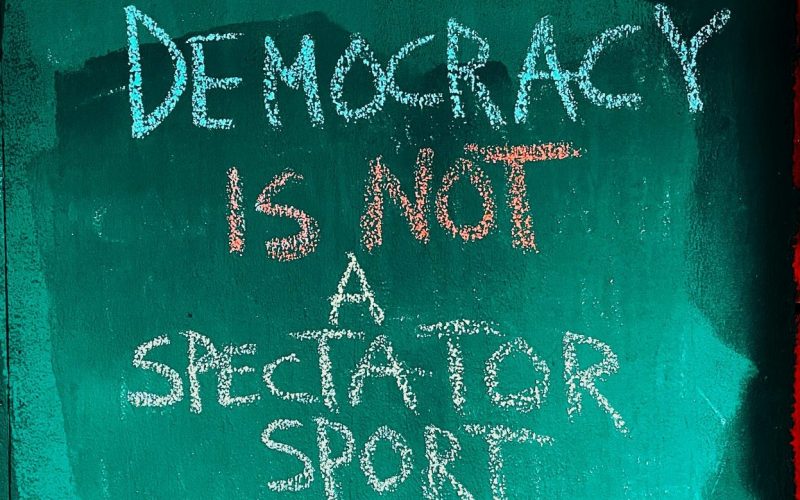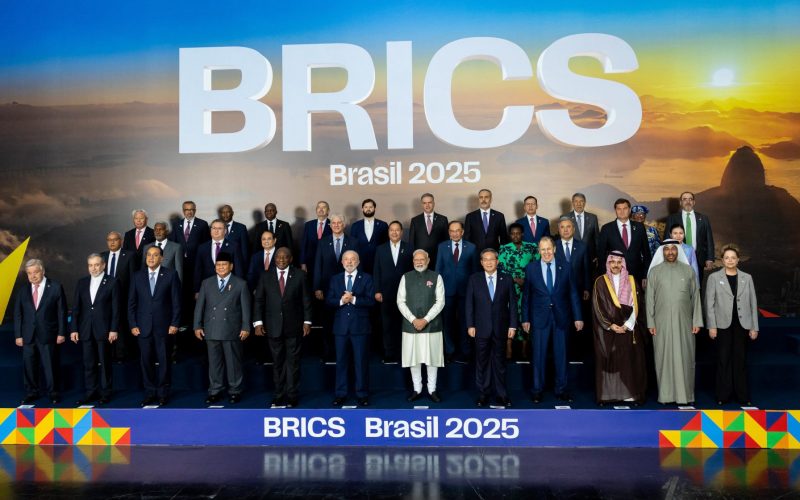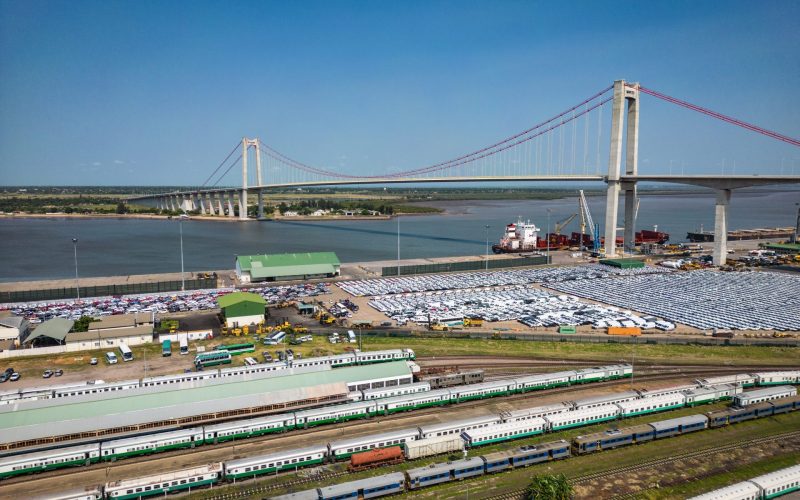One of the goals of the African Peer Review Mechanism (APRM), the continent’s indigenous governance assessment system, is to promote regional integration. The enquiries it has made into the integration attempts and experiences of the 19 countries that have undergone review so far provide valuable new insights.
In addition to a strong rhetorical commitment to integration on the part of successive generations of the continent’s leadership, an extensive institutional architecture has been developed – predominantly in the form of regional economic communities (RECs) – to encourage co-operation and facilitate integration among neighbours. However, actual progress on integration has been limited. Some groupings have achieved free trade areas or customs unions, but none has advanced beyond this. Benefits from integration endeavours have been modest, entailing some increases in trade (with different communities reaping variable rewards) and some benefits in terms of infrastructure. Much remains to be done.
A range of dynamics has undermined Africa’s efforts at regional integration. Politically, African countries have shown little desire to relinquish their sovereignty, and little supranational authority exists to ensure that countries remain committed to integration. Moreover, many hold multiple memberships of various regional communities, which commits them to sometimes conflicting goals, particularly as the degree of integration becomes deeper – it is, for example, not viable for a country to belong to two customs unions. Many African countries lack the administrative capacity to drive an integration agenda. Poor infrastructure may make political commitments or actions relatively meaningless in terms of actual benefits. Security concerns also divert the attention of regional bodies, and increase the reluctance of come countries to risk exposure to the problems of others.
These factors are compounded by a fear of the economic implications of opening borders – for example, states fear losing customs revenue, and smaller economies fear being unable to compete with their larger neighbours.
For most African countries, there is the additional matter of their relationships with non-African countries. Frequently, trade with these countries is far more important than with their neighbours, implying that there is only a modest incentive to pursue integration. This is especially the case where, as in the case of economic partnership agreements (EPAs), these two sets of relationships might not align neatly. Finally, integration in Africa has found little space for non-governmental actors (such as business and civil society) to make a contribution. Although the need to involve them has been recognised, the generally statist orientation of integration efforts thus far has largely excluded important constituencies whose involvement might have given these efforts direction and purpose.
The report concludes by calling for a more focused and simplified integration agenda, one that primarily concerns itself with trade and dealing with the various hurdles. This must be accompanied by resolute political will that aims to see realistic goals translated into reality.








